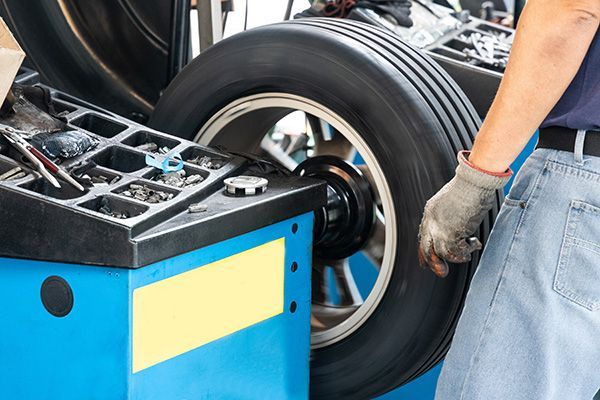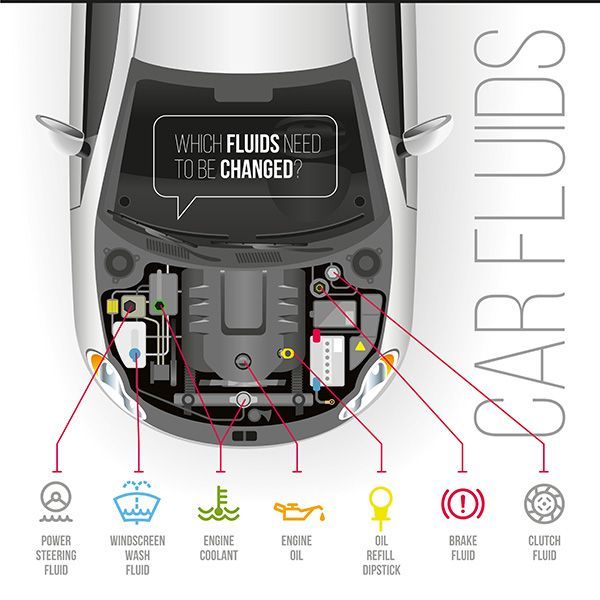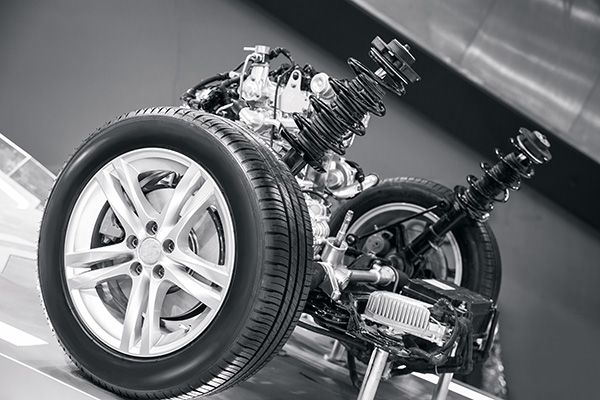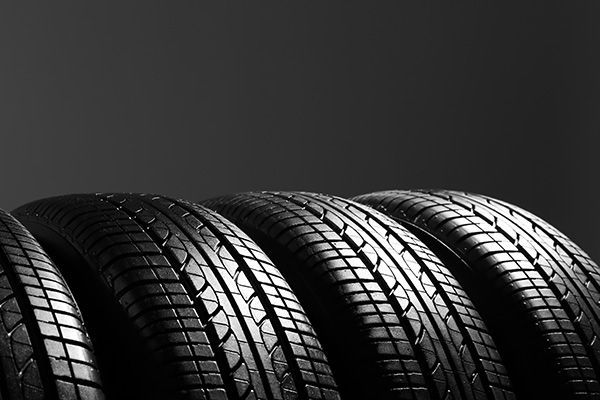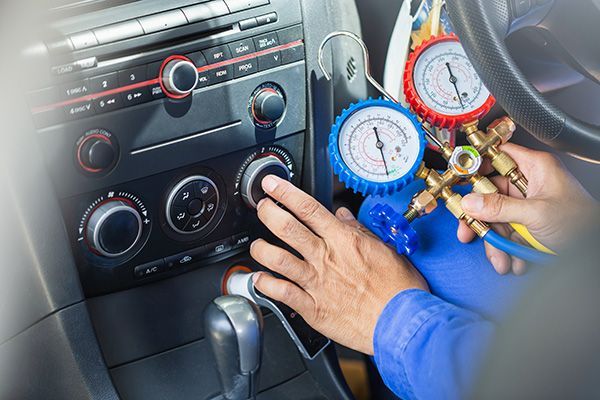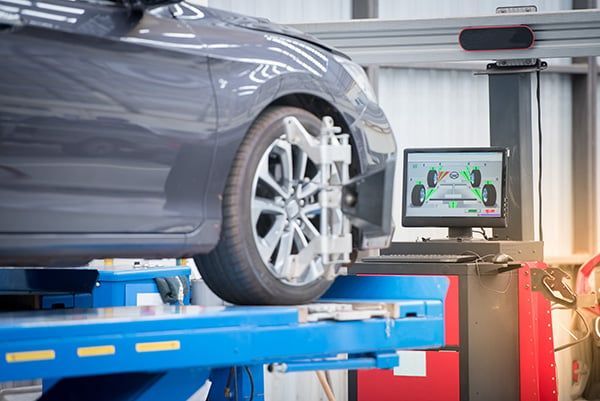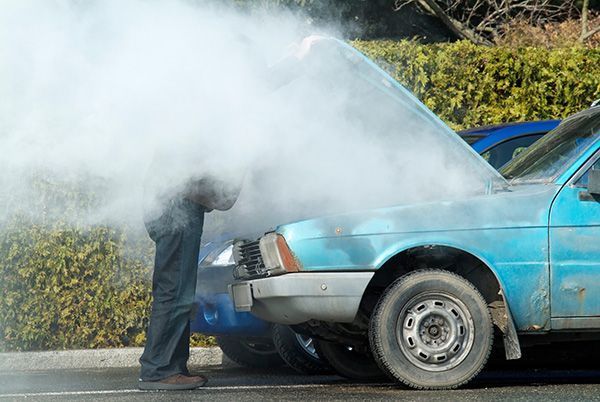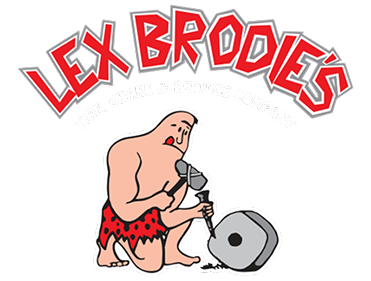How Long Does a Car Battery Typically Last?
January 31, 2025
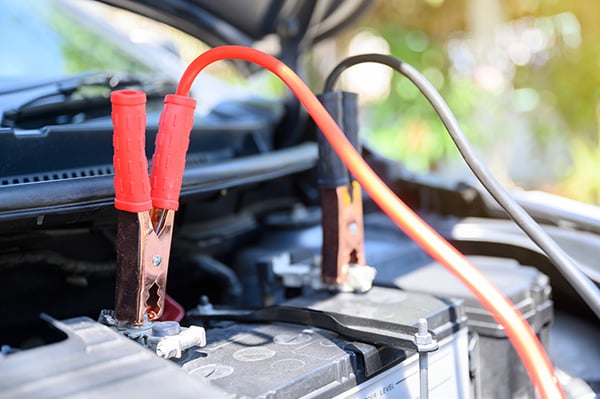
If you’ve ever been stuck with a car that won’t start, you know how important a reliable battery is. It’s the heart of your vehicle’s electrical system, providing the energy to get your engine running and power all the accessories we often take for granted. But just how long can you expect a car battery to last before it’s time for a replacement?
Typical Lifespan of a Car Battery
On average, a car battery lasts about three to five years. This range depends on various factors, including the type of battery, your driving habits, and the climate where you live.
In a place like Honolulu, HI, the tropical weather can take a toll on your battery. Heat is one of the biggest culprits in shortening battery life because it accelerates the chemical reactions inside the battery. While your car may be parked in the shade or a garage, the ambient temperature still contributes to wear and tear over time.
Signs Your Battery May Be on Its Way Out
Nobody wants to be caught off guard by a failing battery, especially when you’re on your way to an important appointment. Knowing the warning signs of a weakening battery can save you a lot of hassle.
- Slow Engine Crank: If starting your car feels like a struggle, with the engine cranking slower than usual, it’s often a red flag that your battery is losing its charge.
- Dimming Lights: Are your headlights or interior lights not as bright as they used to be? This can indicate your battery is struggling to supply enough power.
- Dashboard Warning Light: Many cars have a battery-shaped warning light that illuminates if there’s a problem with the charging system or battery itself.
- Swollen Battery Case: High heat can cause the battery case to swell, which is a sign it’s nearing the end of its lifespan.
- Frequent Jump Starts: If you’re reaching for jumper cables more often than usual, it’s time to replace the battery.
Factors That Impact Battery Longevity
While the average lifespan is a helpful guideline, several factors can influence how long your specific battery lasts.
Driving Habits
Short trips don’t allow your battery enough time to fully recharge. If your daily drives are under 10 minutes, your battery may wear out faster.
Climate
As mentioned earlier, hot climates can cause batteries to degrade more quickly. Honolulu’s warm weather makes it even more essential to monitor your battery’s condition regularly.
Maintenance
Neglecting to clean corrosion from the battery terminals or failing to check the battery’s water levels (in non-sealed batteries) can lead to a shorter lifespan.
Electrical Load
Modern cars are packed with electronics, from infotainment systems to advanced safety features. The more accessories you use, the harder your battery has to work.
How to Extend Your Battery’s Life
The good news is there are steps you can take to maximize the lifespan of your car battery. Regular maintenance and mindful driving habits can make a big difference.
- Inspect and Clean Terminals: Corrosion can reduce the efficiency of your battery. Regularly checking and cleaning the terminals can help.
- Limit Short Trips: Combine errands into one trip to give your battery enough time to recharge.
- Check Voltage: Have your battery’s voltage tested during routine maintenance to ensure it’s holding a proper charge.
- Park in the Shade: Whenever possible, park in shaded areas to protect your battery from excessive heat.
When Should You Replace Your Battery
Even with the best care, all batteries eventually need to be replaced. It’s a good idea to have your battery tested annually after the three-year mark. This can help you avoid the frustration of a dead battery by catching problems before they leave you stranded.
If you notice any of the warning signs mentioned earlier, don’t wait—get your battery inspected and replaced if necessary.
Is your car struggling to start? It might be time for a new battery. Head to LexBrodies Honolulu in Honolulu, HI, for reliable diagnostics and high-quality replacement batteries. Schedule your appointment now!
